Nord University is a public university in Norway, located in Nordland County in northern Norway. The university has campuses in several cities, including Bodø, Levanger, Mo i Rana, Namsos, Nesna, Sandnessjøen, Steinkjer, Stjørdalshalsen and Vesterålen. Here are some key facts about Nord University:
Overview
Founded: 1 January 2016 (from the merger of several educational institutions)
Institution: Public
Main campus locations:
Bodø, main campus
Levanger
Mo i Rana
Namsos
Nesna
Sandnessjøen
Steinkjer
Stjørdalshalsen
Vesterålen
History
Nord University was founded on 1 January 2016 from the merger of the University of Nordland, Nesna University College and Nord-Trøndelag University College.
The earliest of these predecessor institutions can be traced back to the Levanger Teachers College in 1892.
School Strength
Nord University has about 11,000 students and about 1,300 faculty and staff.
Offers undergraduate, master's and doctoral programs covering a wide range of disciplines.
Enjoys a good reputation in the fields of biological sciences, aquaculture, social sciences, business management, education and art.
Educational Philosophy
Emphasis on practical learning, encouraging students to develop skills through internships and real projects.
Focus on interdisciplinary cooperation, especially between different majors.
Attaches importance to international education, recruits international students, and offers courses taught in English.
Committed to blue growth (development of marine-related industries) and green growth (sustainable development), as well as innovation and entrepreneurship.
Subjects
Bachelor's degrees:
Biological Sciences and Aquaculture
Social Sciences
Business Administration
Education
Arts
Master's degrees:
Biological Sciences and Aquaculture
Social Sciences
Business Administration
Education
Arts
Other related fields
PhD programs:
Biological Sciences and Aquaculture
Social Sciences
Education
Arts
Other related fields
English-taught programs:
Most programs are taught in English to attract international students.
Professional Directions
Biological Sciences and Aquaculture: Covers biology, ecology, genetics, aquaculture technology, etc.
Social Sciences: Includes social work, psychology, political science, economics, etc.
Business Administration: Involves marketing, finance, accounting, business management, etc.
Education: Trains teachers for primary, secondary and higher education.
Arts: Includes education in music, fine arts, design and other fields.
Campus
Bodø Campus:
Located in the center of Bodø, it is conveniently located.
The campus has modern teaching facilities, libraries, laboratories and social spaces.
The campus also has an International Office to provide support and services for international students.
Other campuses:
Distributed in various cities in Nordland and Trondlag, each campus has its own characteristics and advantages.
International Cooperation
Nord University actively participates in international exchange programs and has established cooperative relations with many higher education institutions around the world.
Provide exchange student programs to promote students' international vision and cultural exchanges.
As a member of the University of the Arctic, Nord University plays an important role in polar research and education.
Expenses
For EU/EEA students, Nord University is usually free, but a small registration fee is required.
For non-EU/EEA international students, tuition fees vary depending on the major, generally between 6,000 and 14,000 euros per year. The specific fees should be consulted directly with the school or visit its official website for the latest information.
In terms of living costs, the cost of living in Norway is relatively high, but accommodation, food and personal expenses still need to be considered.
Application requirements
Applicants usually need to have a high school diploma or equivalent.
You need to pass an entrance exam or interview to demonstrate your interest in the chosen major and your ability to work in a related profession.
The English language proficiency requirement is usually level B2 (according to the Common European Framework of Reference for Languages CEFR).
-
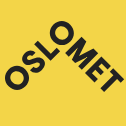
OsloMet - Oslo Metropolitan University
-
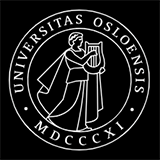
University of Oslo
-
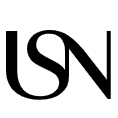
University of South-Eastern Norway
-
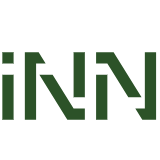
University of Inland Norway
-

Nord University
-
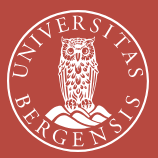
University of Bergen
-
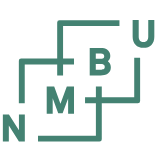
Norwegian University of Life Sciences
-

University of Stavanger
-

University of Agder
-
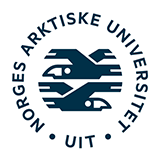
University of Tromsø
-

Mesoamerican University
-

Istmo University
-

Mariano Galvez University of Guatemala
-

Regional University of Guatemala
-

Galileo University
-

Francisco Marroquín University
-

Rafael Landívar University
-

University of the Valley of Guatemala
-

University of San Carlos of Guatemala
-

Technological Institute of Tlaxcala Plateau
-

Golfo University
-

Technological University of South Sonora
-

Technological University of Huejotzingo
-

Tizimín Institute of Technology
-

Chilpancingo Institute of Technology
